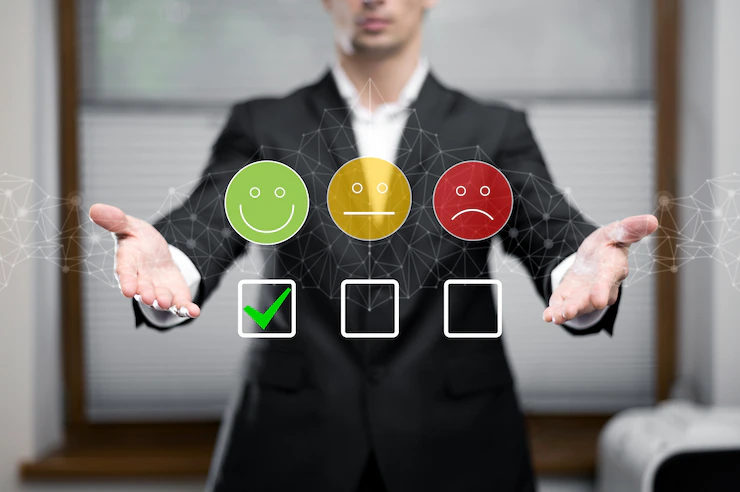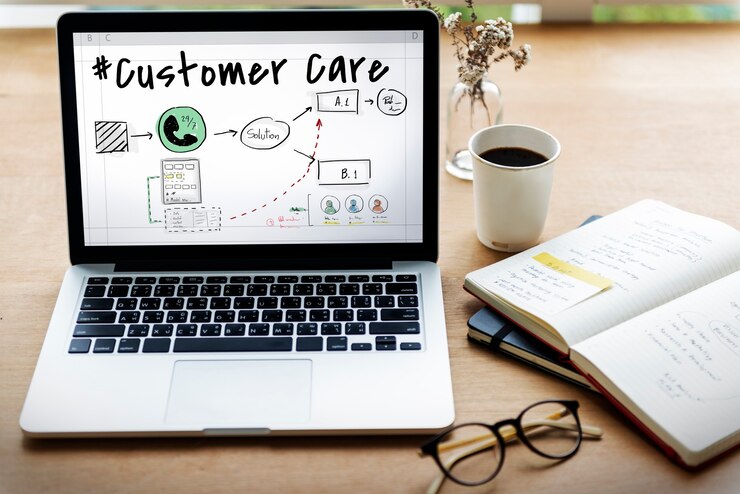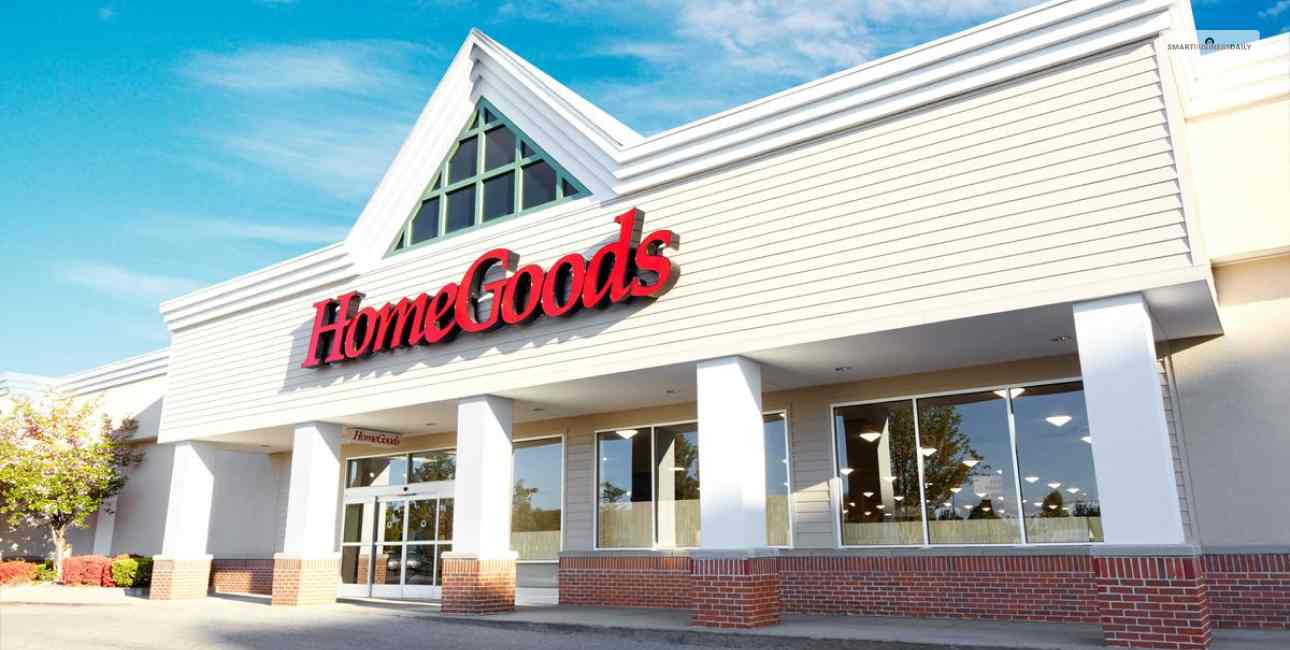User Engagement Vs. Customer Engagement: Which Matters More For Your Business?
3 Mins Read
Published on: 09 November 2023
Last Updated on: 14 October 2024

toc impalement
In the current business landscape, competition is fierce, and customer expectations are higher than ever; understanding the nuances of user and customer engagement can be the key to success. Despite their apparent similarity, these two terms refer to different facets of your company’s interaction with its target market.
This article will explore the differences between user engagement and customer engagement and shed light on which one might hold more significance for your unique business goals.
Defining User Engagement And Customer Engagement

User Engagement: User engagement or early-stage engagement primarily refers to the interactions and activities of individuals who interact with your brand, product, or service. These individuals may not have made a purchase or become paying customers yet. This early-stage engagement encompasses actions such as visiting your website, downloading a free resource, signing up for a newsletter, or participating in discussions on your platform.
Customer Engagement: On the other hand, customer engagement focuses on nurturing and maintaining relationships with those who have made a purchase or transacted with your business. It centers on activities like post-purchase support, feedback collection, loyalty programs, and personalized communication.
Read Also: 4 Tips For Running A Successful Business
The Significance Of Early-Stage Engagement

Early-stage engagement plays a pivotal role in building brand awareness and attracting potential customers. It serves as the first touchpoint with your audience and offers several advantages:
Lead Generation: Engaged prospects often convert into paying customers. By providing valuable content, seamless website experiences, and enticing offers, you can turn casual visitors into prospects.
Data Collection: This initial engagement generates valuable data that can help you understand your audience better. Analyzing user behavior can guide product development and marketing strategies.
Community Building: Active early-stage engagement fosters a sense of community around your brand, which can lead to user-generated content, advocacy, and word-of-mouth referrals.
Market Research: Engaged prospects are more likely to provide feedback and insights that can inform your business decisions and improve your offerings.
Brand Exposure: Positive early-stage user experiences can lead to organic social sharing and increased visibility, amplifying your brand’s reach.
The Power Of Customer Engagement

While early-stage engagement is essential, customer engagement is where the real magic happens. Here’s why it matters:
Retention and Loyalty: Engaging with existing customers keeps them satisfied and loyal. Repeat customers are often more valuable than new ones, as they tend to spend more and require less marketing effort.
Upselling and Cross-selling: Customer engagement provides opportunities to upsell or cross-sell additional products or services, increasing your revenue per customer.
Referrals and Advocacy: Satisfied customers become brand advocates, referring friends, family, and colleagues to your business.
Feedback Loop: Engaging with customers post-purchase allows you to gather feedback and make necessary improvements. Happy customers are more likely to provide testimonials and positive reviews.
Data-driven Personalization: Customer engagement data enables personalized marketing, improving the chances of repeat business and higher conversions.
Finding The Balance

So, which matters more for your business: early-stage engagement or customer engagement? The answer depends on your specific objectives and where your business currently stands.
Early-Stage Businesses: If you’re in the early stages of growth, early-stage engagement is crucial for attracting prospects and building a foundation for future customer relationships.
Established Businesses: For established businesses, customer engagement takes precedence. Retaining and nurturing existing customers should be a top priority, as they are more likely to contribute to your bottom line.
In Conclusion
In the ongoing debate of early-stage engagement vs. customer engagement, the reality is that both are essential components of a successful business strategy. Early-stage engagement acts as the gateway to customer acquisition, while customer engagement keeps your existing audience satisfied and loyal. Striking the right balance between the two is the key to sustainable growth and long-term success.
Ultimately, the relative importance of each will vary depending on your business goals, industry, and stage of development. By carefully assessing your unique circumstances and objectives, you can tailor your engagement strategies to maximize their impact and propel your business forward.
Read Also:


















Comments Are Closed For This Article